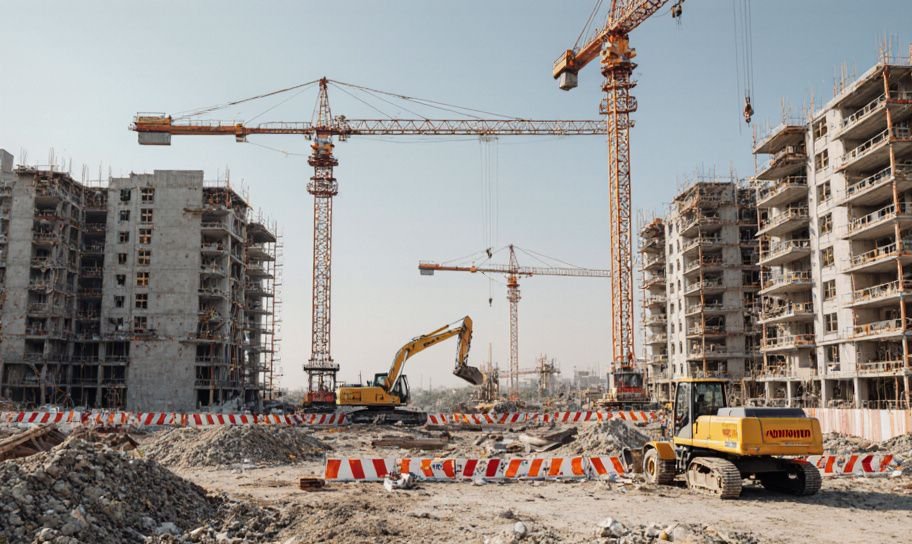
Here's a detailed look into the recent court case involving M/s. Atria Constructions and the Pune Municipal Corporation (PMC). The High Court of Bombay had a lot to say about this construction dispute, and it's a story of paperwork, permissions, and some serious legal drama.
Atria Constructions was hit with a notice to stop work by the PMC, halting their construction at the Rajgruhi Residency project. This notice was issued on December 10, 2024, and it caused quite a stir.
The Rajgruhi Residency project consists of four sections (A, B, C, and D). Sections A and B were finished earlier, but the trouble began with Sections C and D, which Atria was working on.
Stop Work Notice: Issued due to supposed rule-breaking, like not having the right environmental permissions and not moving a stormwater drain (nala) as required.
Legal Battle: Atria argued that the notice was unfair and given without following the right steps or having valid reasons. They claimed to have all necessary permissions and that the work on Section D was complete.
Court's Take: The court found that the notice was given too quickly, without giving Atria a fair chance to explain their side. The judges, G.S. Kulkarni and Arif S. Doctor, noted that the city officials acted in an unfair way and possibly under outside pressure.
Rushed Decisions: The court criticized the PMC for acting too quickly without proper investigation or hearings.
Lack of Fair Process: Atria wasn't given a fair chance to defend themselves, which goes against basic fairness.
Outside Influence: The involvement of unrelated parties in the hearing raised doubts about the fairness of the process.
The court canceled the stop work notice, allowing Atria to continue with their project. They also imposed penalties on the city officials and Wellbuild for their roles in the dispute.
Atria can now apply for the occupancy certificate for Section D, and the people who bought flats and were caught in this legal mess can hopefully move into their new homes soon.
This case is a reminder of the importance of fairness in decision-making and the need for transparency in government actions. It also shows how legal battles can affect not just businesses but also everyday people waiting for their dream homes.